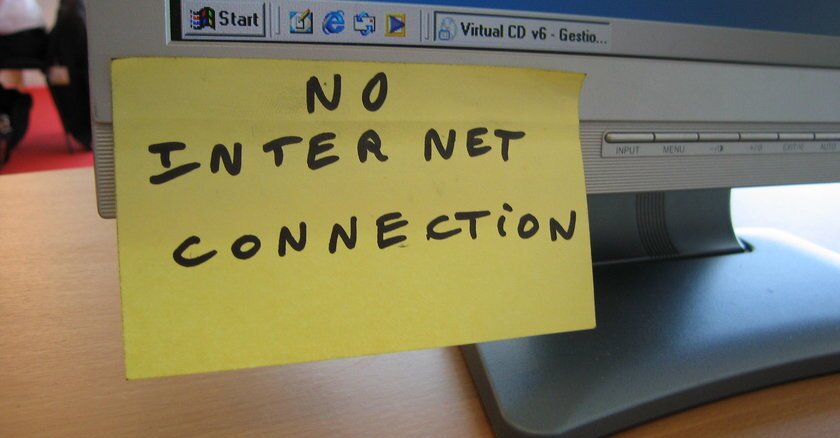The Census Bureau survey — taken in the middle of the pandemic — showed that not all families have equal access to computers or the Internet.
The levels varied by race and family income. For example, only 72% of Latino or Hispanic families surveyed said they had a computer available for educational uses. A third of families with incomes below $35,000 a year reported having no access to computers or reliable, high-speed Internet.
The numbers in Massachusetts are only slightly better, according to the National Digital Inclusion Alliance, with 30% of Bay State households with incomes less than $35,000 a year lacking broadband-level Internet service, including on mobile devices.
The last two years of working — and learning — from home have taught us that high-speed Internet isn't a luxury. It's a necessity, like electricity and clean water.
As Stratton Lloyd, executive vice president of the Essex County Community Foundation, said last year, "as the water level has come down with COVID, the rocks have been exposed. And these rocks have always existed."
The foundation released a report of its own in 2020, laying out the local challenge in stark terms: nearly 60,000 households are without secure broadband, and one in five families without a basic computer. Even in more affluent towns like Andover, where nearly 92% of households have broadband access, the report notes some individual neighborhoods fall below average.
The foundation is in the middle of a three-year, $2.5-million program to address the issue, and will report on its progress next week. The group's leadership has been vital in keeping the issue before the public. Now it's time for elected officials to follow suit.
©2022 The Salem News, Distributed by Tribune Content Agency, LLC.














